Researchers evaluate different levels of stickwater, a byproduct of insect meal processing
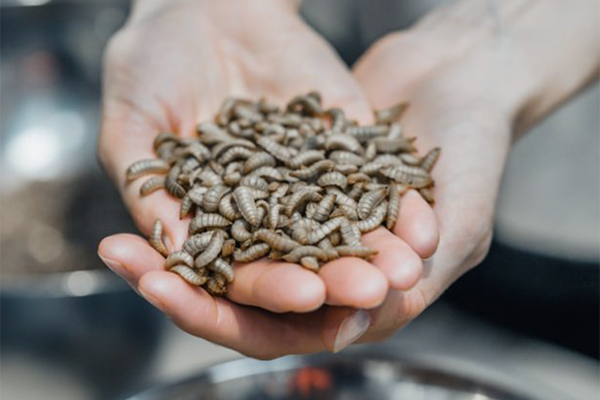
Researchers at Norway-based Nofima say that recent aquaculture feeding trials show that insect meal and even byproducts from black soldier fly (BSF, Hermetia illucens) processing can help fish grow well.
Seeking to measure the effects on salmon parr, which are young, freshwater salmon, the researchers worked with France-based insect producer Innovafeed to feed during the larval stage. At Nofima’s Sunndalsøra research station, they measured differences in digestion and growth when using feeds with 10 percent insect meal and various levels of stickwater, a byproduct of insect meal production thought to be rich in bioactive components. BSF larvae are processed into meal and stickwater.
Now that you've reached the end of the article ...
… please consider supporting GSA’s mission to advance responsible seafood practices through education, advocacy and third-party assurances. The Advocate aims to document the evolution of responsible seafood practices and share the expansive knowledge of our vast network of contributors.
By becoming a Global Seafood Alliance member, you’re ensuring that all of the pre-competitive work we do through member benefits, resources and events can continue. Individual membership costs just $50 a year.
Not a GSA member? Join us.
Author
-
Responsible Seafood Advocate
[103,114,111,46,100,111,111,102,97,101,115,108,97,98,111,108,103,64,114,111,116,105,100,101]
Tagged With
Related Posts
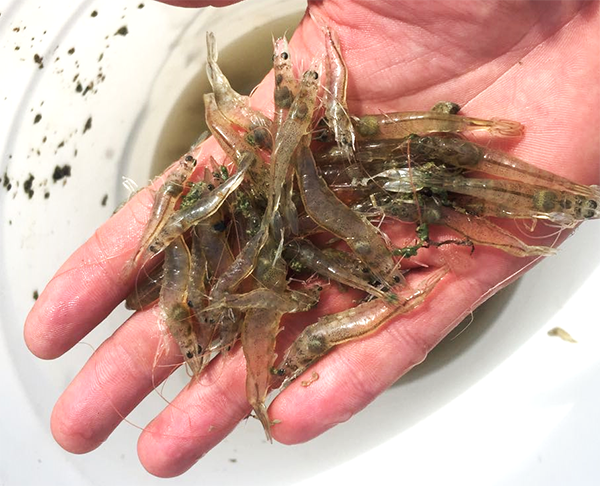
Aquafeeds
Apparent digestibility of six novel protein sources in Pacific white shrimp diets
In a digestibility trial, novel protein sources like single-cell proteins showed the greatest potential for Pacific white shrimp diets.
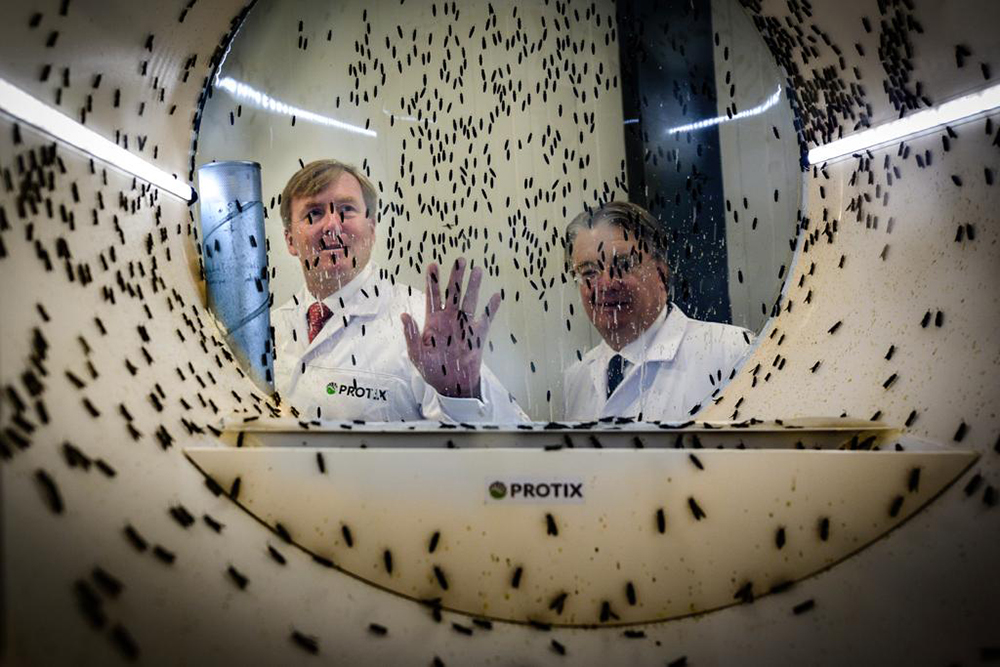
Aquafeeds
World’s largest fly factory attracting investors eyeing aquafeed expansion
A high-capacity black soldier fly factory puts Protix in position to ramp up production. Investors explain why they’re betting on the sector’s success.
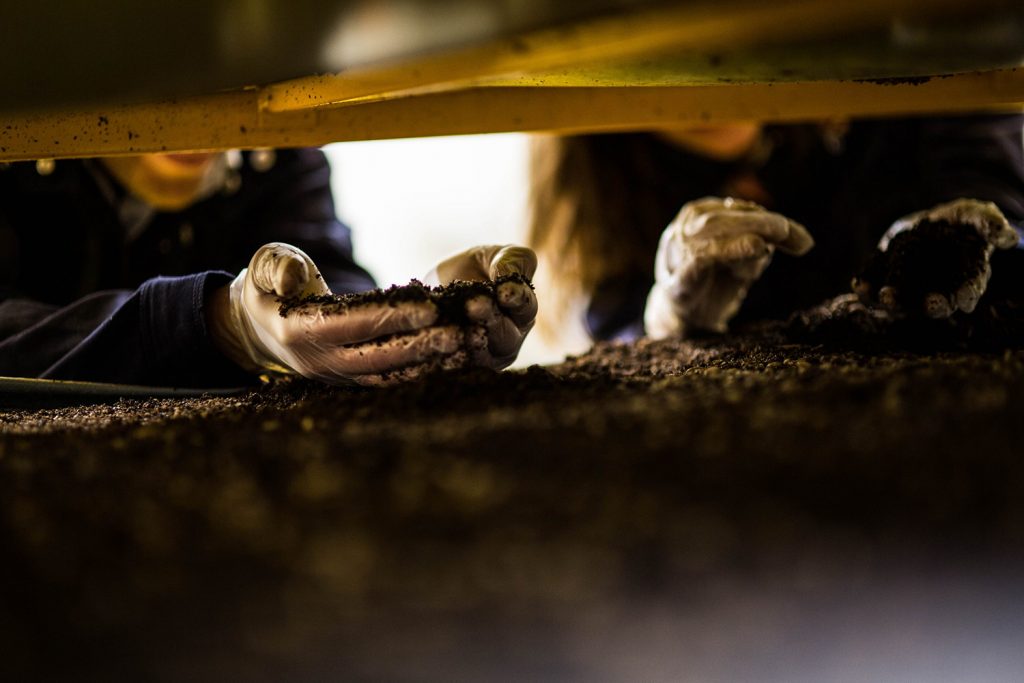
Aquafeeds
Insect farming is gaining ground as aquaculture awaits its emergence
Black soldier fly larvae producers are hoping to go “mainstream” and gain wider acceptance in aquaculture amid concerns about high costs.
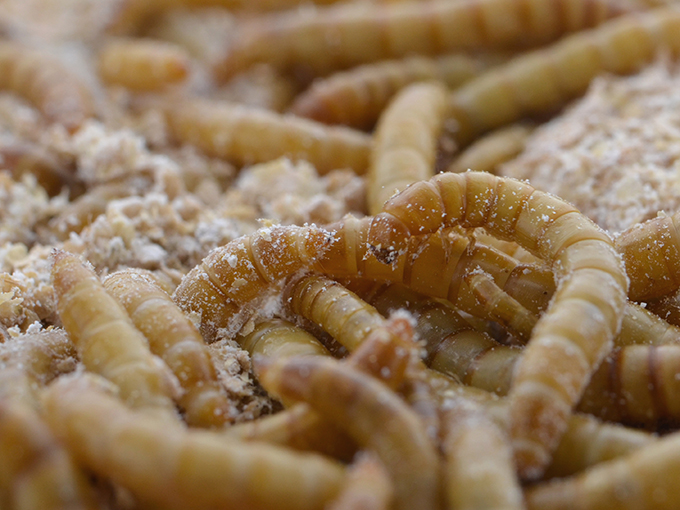
Aquafeeds
Larvae lunch, anyone? Insect-based feeds soon on aquafeed menu
This July, European Commission regulations allowing insect-based feed will be amended, and insect-farming companies like Agriprotein and Ynsect are gearing up for expansion in the EU.


